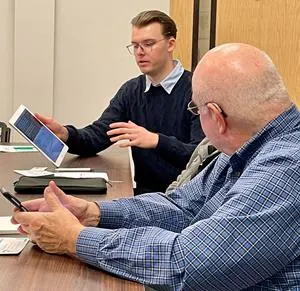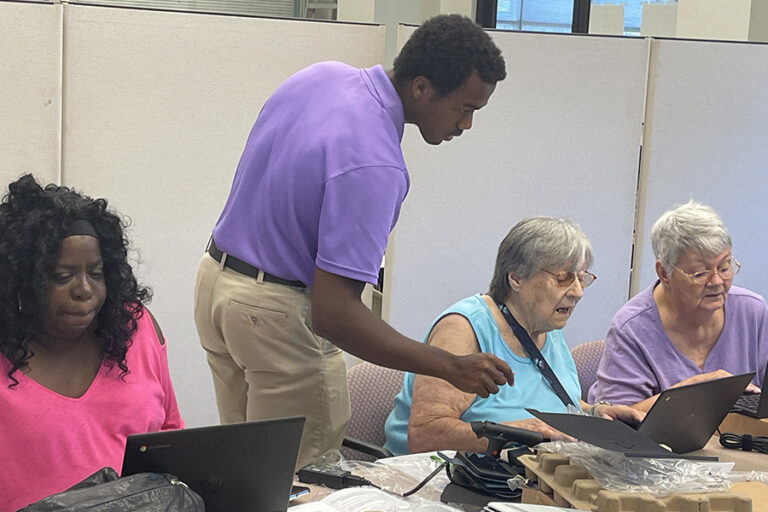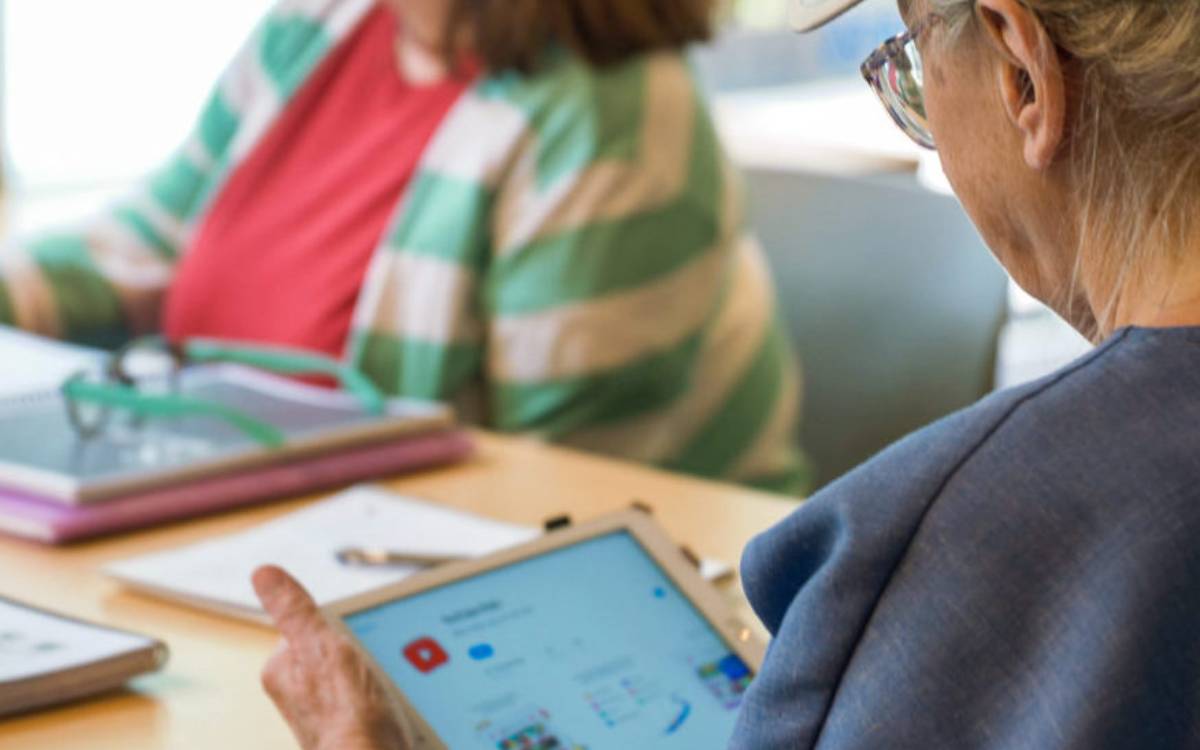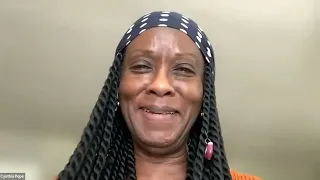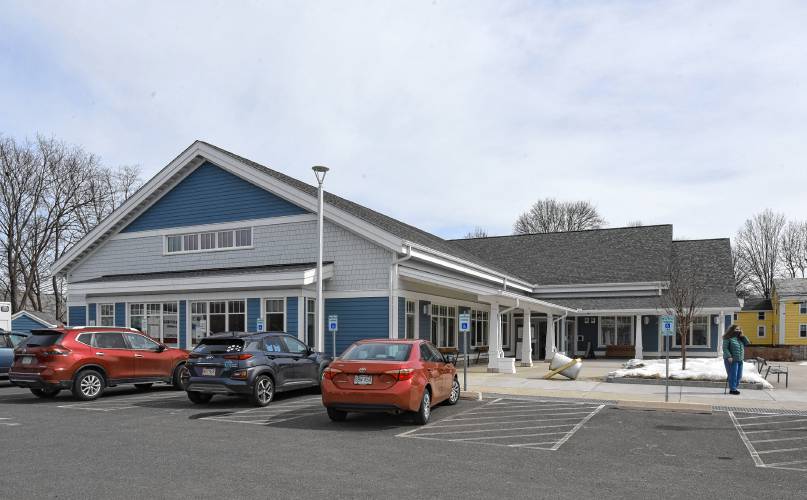The best tech support helplines for seniors (according to my 73-year-old mom)
We, the adult children, can’t always be their only resource.
Commerce Writer
Mon, Jan 15, 2024, 9:00 AM EST
Engadget readers like yourself are probably more tech savvy than the average person. That means you may get roped into helping older family members with email woes, new phone setups, or deciphering if a message is legit or a phishing scam. In my family, I’ve become my mother’s unofficial IT support hotline, which makes me wonder about older adults with adult kids who are short on time. Turns out there are a number of resources staffed with actual people who will calmly walk seniors through just about any tech trouble they may face. Many local libraries and senior centers host classes and even one-on-one tech assistance to seniors for free, but if they can’t make it to a live session or there aren’t offerings in their area, phone hotlines and online services may be the answer.
For the past couple weeks, I used my mom and her frequently asked questions to try out a few of the senior tech hotlines out there and found three services that are refreshingly helpful, two of which are completely free and a third that includes a free option. If you know a senior who could use help with their tech, directing them to one of these services won’t feel like pawning them off, but rather like you’re sending them to an IT pro with endless patience.
Top three free senior tech support companies
Cyber-Seniors tech hotline
What surprised me most about Cyber-Seniors (and Senior Planet listed below) is that the service is completely free. Cyber-Seniors is a non-profit staffed by volunteers, most of whom are young people trained to act as “digital mentors” to an older generation. The service also offers daily webinars via Zoom on topics like accessing internet radio, finding senior networking sites and understanding disinformation.
For one-on-one tech help, there’s a simple form to fill out with basic information (email, date of birth, device type, etc) before picking an available date and time for the volunteer to call back. I scheduled a session for my mom when she wanted to figure out how to invite my brother to a Google Meet video chat. The time was set for noon on a Tuesday and she got the call right at the stroke of 12. She explained what she wanted to do and the volunteer patiently walked her through the steps to complete the task. My mother said she didn’t feel rushed, nor was she made to feel dumb for not knowing how to do basic things such as how to find my brother’s email address. The volunteer even let her try out a test Meet chat with him before their call was over.
Before signing off, the mentor told my mother to ring back at any time to speak with him specifically (there’s a field in the sign up form to request a mentor by name) or with anyone else on the Cyber-Seniors team.
Senior Planet from AARP
Senior Planet, another free hotline service, is offered by AARP but callers don’t need to be members to use it. Like Cyber-Seniors, there’s also a live online class component, and in-person sessions are offered in major cities across the US as well. If someone needs help immediately and doesn’t want to wait for a callback, this is the hotline to try. Monday through Friday from 9AM to 8PM Eastern, staff and volunteers answer questions about email, Zoom, iPhone notifications and other tech conundrums.
When I called, I reached one of the “technology trainers” within a minute. The hotline is best for simple questions, but for more involved tech training, Senior Planet recommends its live Zoom sessions that it hosts each day in which participants can ask questions. The classes cover tech-related issues like how to use Spotify and how AI works, but they also range wider to cover book club discussions and daily fitness sessions. And if anyone needs help joining a class, the hotline can help with that.
GoGoQuincy
GoGoQuincy was the first senior tech help service I heard about, and it has since refocused to offer assistance to anyone who needs it, not just people over 65. There’s a hotline for immediate aid or you can schedule a call through the website. It’s free the first time you call and once per month after that. More than one call each month incurs a $5 monthly fee, plus $11 per call. If you think you’ll call more than twice per month, it might be wise to pay $20 monthly for the unlimited plan.
Though it’s not free, GoGoQuincy covers the most ground, answering questions about smart home tech, TVs, e-readers and more, and even provides assistance with sussing out scams and phishing. I set up a call for my mother when she found she had notifications silenced on her iPhone and didn’t know how to unsilence them. There was a little hiccup when Quincy called her back and her phone (for unknown reasons) blocked their number, but I walked her through how to unblock a number and she was ready for her session.
Much like Cyber-Seniors, my mom felt unrushed while explaining her issue. The technician led her through the fix, unbothered by any lack of understanding and stayed on the line with her until she received a few test texts and to make sure everything was working properly. Despite the fact that it’s a potentially paid program, the GoGoQuincy rep didn’t try to upsell a membership or get her to sign up for anything — they just wished her a good day and told her to call back if she ever needed more help.



